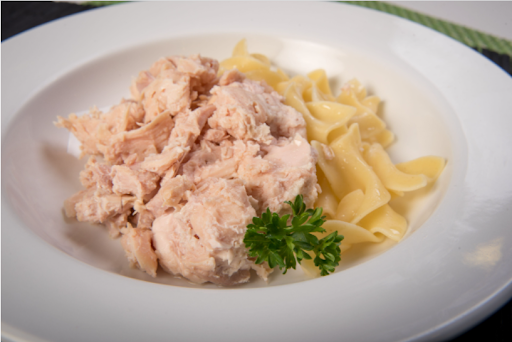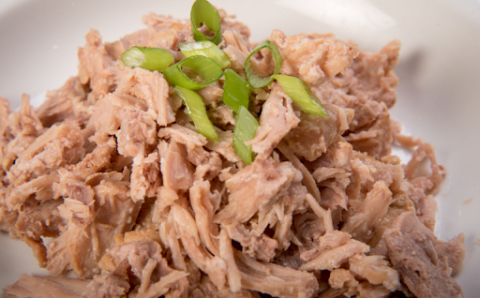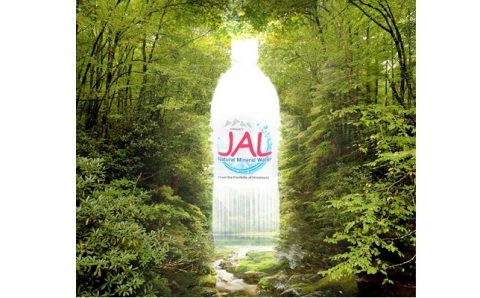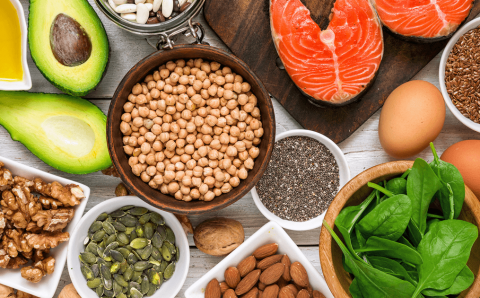Canning is a useful and safe method of food preservation. Beef, tuna, and hem, all different types of canned meat manufactured, are pantry essentials. Although canned and jarred foods have a long shelf life, food safety regulations still apply. Continue reading to learn how to keep foods safe on your kitchen shelves.
What Is the Process of Commercially Canned Food?
Heating jars or cans destroy microorganisms that could cause food deterioration and foodborne illness to a temperature high enough to kill them and remove air from the product. This vacuum aids in preventing hazardous bacteria from recontaminating the area.
Canned foods
Take a moment to inspect the packing quality when purchasing canned or can meat. When buying jars or cans, dented, leaking, cracked, or bulging lids should be avoided. Avoid dusty cans with ripped labels, which indicates that they have been sitting on the shelf for a long time.
Storage
Follow the FIFO (First In, First Out) guideline. Bring older foods to the front of the pantry and current purchases to the back.
According to food makers, for the optimum quality, canned items should be kept for no more than one year. Tomatoes, canned fruits, and other high-acid foods should be consumed within 18 months of purchase.
Store canned food in a dry and cool place away from pipes, the range or stove, a furnace, or direct sunlight for the greatest quality. To keep the metal lids from rusting, keep the cans dry. Rust can lead to food deterioration and leakage.
Canned goods that have been properly preserved are almost always safe to consume. However, avoid eating goods from cans that have the following warning signs:
- Bulgings
- Leaking
- Denting along the seam or around the rim
Even foods that don’t appear to be spoiled may contain bacteria that might make you sick. You can’t know if a food is hazardous just by looking at it or tasting it. If you’re unsure, toss it out!
After opening, most canned or jarred foods must be refrigerated, while some things, such as spices, peanut butter, and vinegar, can be kept in the pantry. Follow the instructions on the label for storage.
What Do All Those Numbers on Food Labels Mean?
Because canned goods have a long shelf life, they don’t require a “best before” date. A best before date is required only for foods with a shelf life of 90 days or less.
A “best before” date is a manner of expressing a product’s long-term viability. The number of days that the food will retain its quality, taste, and nutrients if stored appropriately is the durable life.
In Conclusion
Canned meat items, especially when fresh ones are out of season, can be a healthy and economical option to add more nutrients to your diet. You can ensure that your canned foods are safe to eat while still tasting delicious by following the basic food safety precautions outlined in this article.




